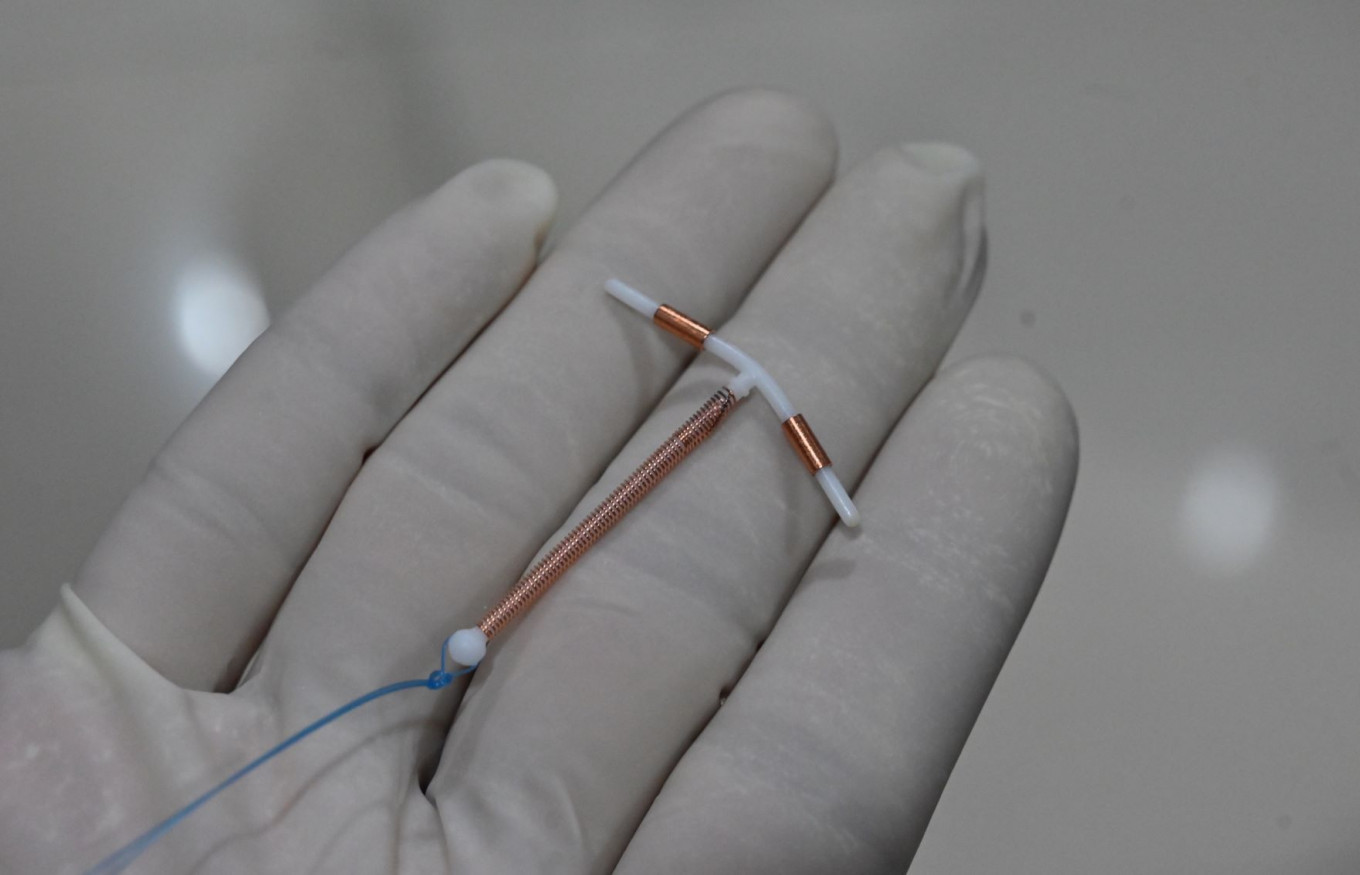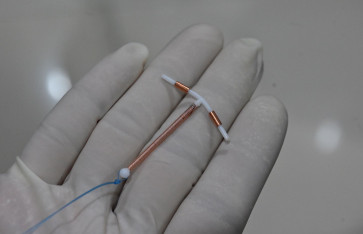Popular Reads
Top Results
Can't find what you're looking for?
View all search resultsPopular Reads
Top Results
Can't find what you're looking for?
View all search resultsCOVID-19 drives people away from contraceptives
Fewer people are using, or continuing to use contraceptives as health facilities have suspended some of their services and as people avoid them over fear of contracting the virus. The most widely used contraceptive methods -- pills and injections -- require acceptors to visit health facilities once every one or three months.
Change text size
Gift Premium Articles
to Anyone
W
hile the COVID-19 pandemic has caused the loss of loved ones and jobs, it is also feared to bring about, unintentionally, at least half a million new lives into Indonesia.
Fewer people are using, or continuing to use contraceptives as health facilities have suspended some of their services and as people avoid them over fear of contracting the virus. The most widely used contraceptive methods -- pills and injections -- require acceptors to visit health facilities every one or three months.
Data collected by the National Population and Family Planning Board (BKKBN) from health facilities across the country, showed that there were 1 million fewer visits to health facilities regarding contraceptive services from January to September this year than in the same period last year. And while services for some contraceptives, such as condoms, saw an increase, other methods recorded a decline in their services, with injections having the most notable drop at almost 1 million.
Overall, visits for contraceptive services declined from 3.09 million in March to 2.9 million in April and 3 million in May. It spiked in June to 3.8 million, but that was mostly attributed to the agency's month-long special program that reached almost 1.4 million acceptors.
Read also: COVID-19 pandemic forces Indonesian mothers to do it all
The agency's deputy for family planning and reproductive health Eni Gustina said it was estimated, using data from March, April and May, that the use of contraceptives among active acceptors also dropped by 10 percent, which might lead to at least 500,000 unintended pregnancies, mainly from low-income families.
"It's difficult to access prenatal care [during the outbreak], so babies' development can't be well-controlled,” she told The Jakarta Post. “Deliveries may not be optimal and babies may not be in their best condition. Babies don't get good nutrition, and even a mothers love can be different compared to if the pregnancy is planned.”


















